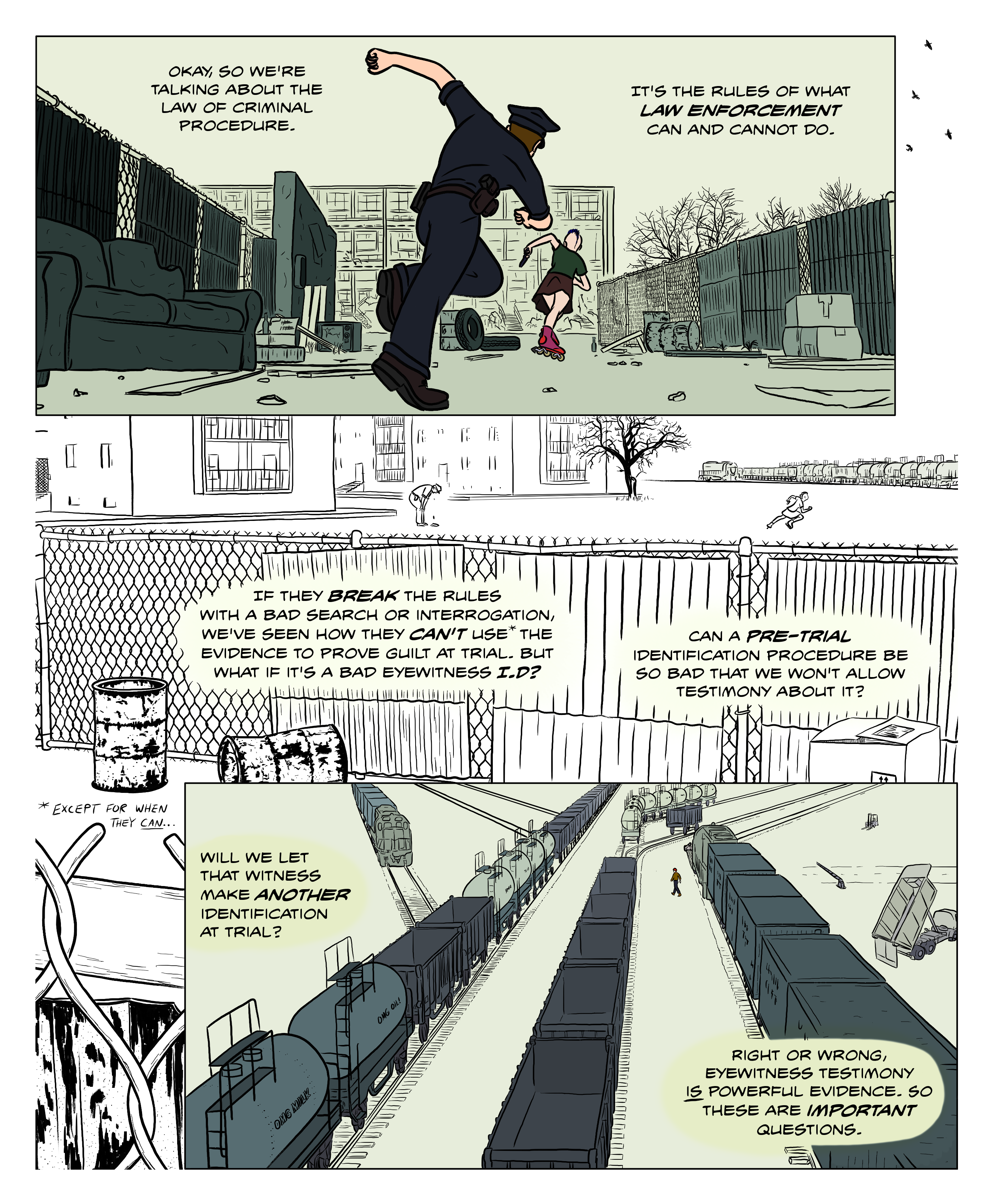
Here’s a big thank you to all my awesome Patreon supporters!
And a reminder that everyone donating $10 or more gets to see all the pages at their full resolution (about four times this size) and usually a day or more before they get posted here.



Here’s a big thank you to all my awesome Patreon supporters!
And a reminder that everyone donating $10 or more gets to see all the pages at their full resolution (about four times this size) and usually a day or more before they get posted here.

I still want CivPro next, but if you won’t help me with my finals… How about “the exceptions to hearsay” soon?
How soon do you need it? This section started thirteen and a half months ago. If you need it by mid December, you’re out of luck if he started that chapter today. If you need it by mid May, you’re probably still out of luck even if he started that chapter today.
Moan moan moan. ;)
Oh, I’m just along for the ride. I’m enjoying the journey. I have no destination I must reach, or any timetable I must keep.
Lead on.
Sorry, but before I get to the stuff only lawyers really need to know about (civ pro, post-charge crim pro, etc.) I want to cover the topics that the rest of us might come across (individual rights, torts, etc.) Hearsay will be fun, though, when we get to it. I’ll probably cover evidence before civ pro. People at least see it (albeit mangled) on TV and in movies a lot.
Mostly joking. More than anything, I wish my textbooks explained things as well.
I hear you. But explaining things isn’t really their job.
In law school, the cases give you lots of pieces of the puzzle. Some fit, some don’t. The professor’s job is to guide you towards a general way of looking at it so you can see how they fit together, and piece together what the rule is, why it is that way, and (if it’s a very good professor) how it might change. But the work must all be done by you. They’re not going to spoon-feed you the rule, you have to learn to think it through yourself.
My goal here is the opposite: giving it to you all at once (to the extent I can). With the fewest words possible, I want to lay out what the rule is, why it is that way, and how it works and doesn’t work, and preferably in a way that makes it easy to remember.
Law school has a very different purpose to its pedagogy — it’s not just about instructing you on the facts. That’s why it has such a different teaching style and its books are so unlike any other discipline.
That said, I’m really glad you like the comic, and I hope it helps!